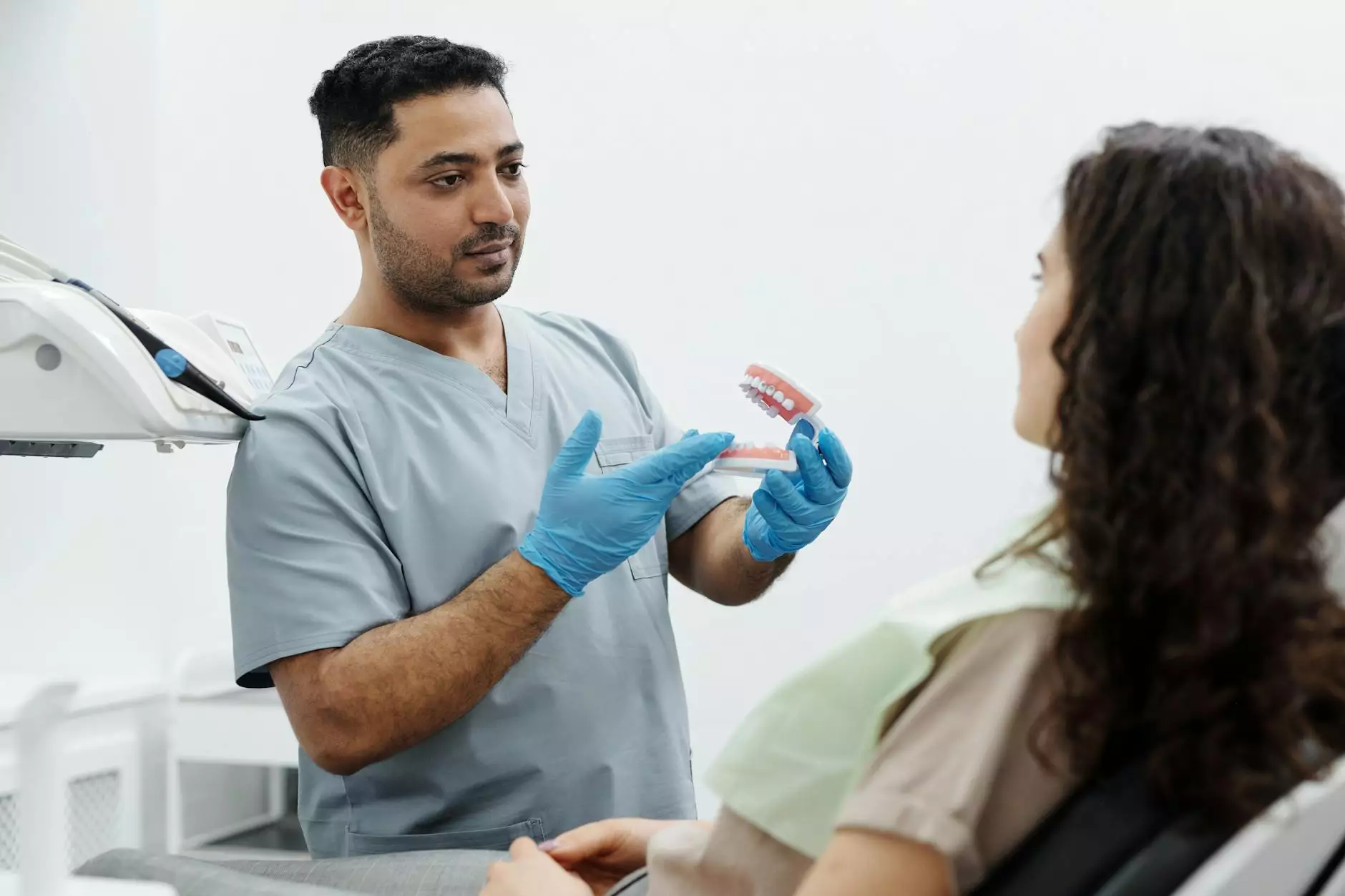Unlocking Opportunities: The Best Medical Coding Course

In today’s fast-paced healthcare environment, the role of medical coding professionals is more vital than ever. As the industry evolves with new technologies and regulations, finding the medical coding best course is crucial for those aspiring to establish a rewarding career in medical coding. This article will delve into why medical coding is essential, the skills required, and how to choose the best course for your needs.
Understanding Medical Coding: A Foundation for Success
Medical coding involves translating healthcare services, diagnoses, and procedures into standardized codes. These codes are used for billing, insurance claims, and maintaining patient records. The importance of accurate coding cannot be overstated; it ensures that healthcare providers are reimbursed for their services and that patient data is correctly documented.
The Importance of Medical Coding Education
With the growing complexity of healthcare documentation, it is imperative to receive comprehensive training. Here are some reasons why enrolling in a top-tier medical coding course is beneficial:
- Career Opportunities: The demand for skilled medical coders is increasing, making this a lucrative field with numerous job prospects.
- Specialization: Various specialties exist within medical coding, such as outpatient coding, inpatient coding, and even certification for coding in specific areas like pathology and radiology.
- Job Stability: The healthcare industry is one of the most stable job markets, and coders are essential in ensuring that the financial aspect of healthcare runs smoothly.
What to Look for in the Best Medical Coding Course
Choosing the medical coding best course can be overwhelming, given the multitude of options available. However, by considering the following factors, you can make an informed decision:
1. Accreditation
Ensure that the course you choose is accredited by recognized bodies such as the American Academy of Professional Coders (AAPC) or the American Health Information Management Association (AHIMA). This accreditation ensures that the curriculum meets industry standards.
2. Curriculum Depth
The course should provide a comprehensive curriculum that covers:
- ICD-10 Coding: Understanding the International Classification of Diseases coding system.
- HCPCS Coding: Learning the Healthcare Common Procedure Coding System.
- Procedure Coding: Gaining proficiency in Current Procedural Terminology (CPT).
- Regulatory Guidelines: Familiarity with HIPAA and other relevant legal frameworks.
3. Hands-On Training Opportunities
Interactive components such as lab work, case studies, and real-world coding scenarios can significantly enhance your learning experience and prepare you for actual coding tasks.
4. Flexible Learning Options
In today’s digital age, consider courses that offer online learning, allowing you to study at your pace while juggling other responsibilities. Look for programs that include:
- Live Online Classes: Interactive sessions with instructors.
- Recorded Lectures: Ability to revisit lessons at your convenience.
- Discussion Forums: Opportunities to engage with peers and instructors.
5. Support Services
Choose a course that provides robust support services, including:
- Career Counseling: Guidance on job placements and career paths.
- Mentorship Programs: Pairing with experienced coders for advice and insights.
- Networking Opportunities: Access to industry events and coding conferences.
Career Prospects in Medical Coding
Upon completing your course, numerous career paths await you. Medical coders can find opportunities in:
- Hospitals: Working in various departments ensuring accurate billing and coding.
- Insurance Companies: Processing claims and ensuring compliance with coding standards.
- Health Information Management: Overseeing patient data management, records, and compliance.
- Consulting Firms: Providing expertise to healthcare facilities on coding best practices.
Certifications That Enhance Your Credential
While completing a comprehensive course is essential, obtaining certifications is equally important for career advancement. Here are some highly regarded certifications:
- CPC (Certified Professional Coder): Offered by AAPC, this certification is widely recognized in the industry.
- CCS (Certified Coding Specialist): Provided by AHIMA, this certification focuses on coding proficiency across various healthcare settings.
- CCS-P (Certified Coding Specialist - Physician-based): Specialized certification for coding in physician practices.
Transform Your Career with the Best Medical Coding Course
Enrolling in the medical coding best course is the first step towards a fulfilling career in healthcare. You equip yourself with the knowledge and skills needed to thrive in this dynamic field by understanding coding fundamentals and obtaining the necessary certifications. The healthcare industry is evolving, and with the right training, you can be at the forefront of this essential service.
Final Thoughts: The Future of Medical Coding
As the healthcare landscape continues to change, the need for qualified medical coders is projected to rise. By investing in your education and staying abreast of the latest trends in medical coding, you can secure a stable and rewarding career. Start your journey today by exploring courses that offer comprehensive training, flexibility, and strong support systems.
For more information on the best medical coding courses available, visit pmbausa.com to explore your options and take the first step toward a better future in healthcare.









